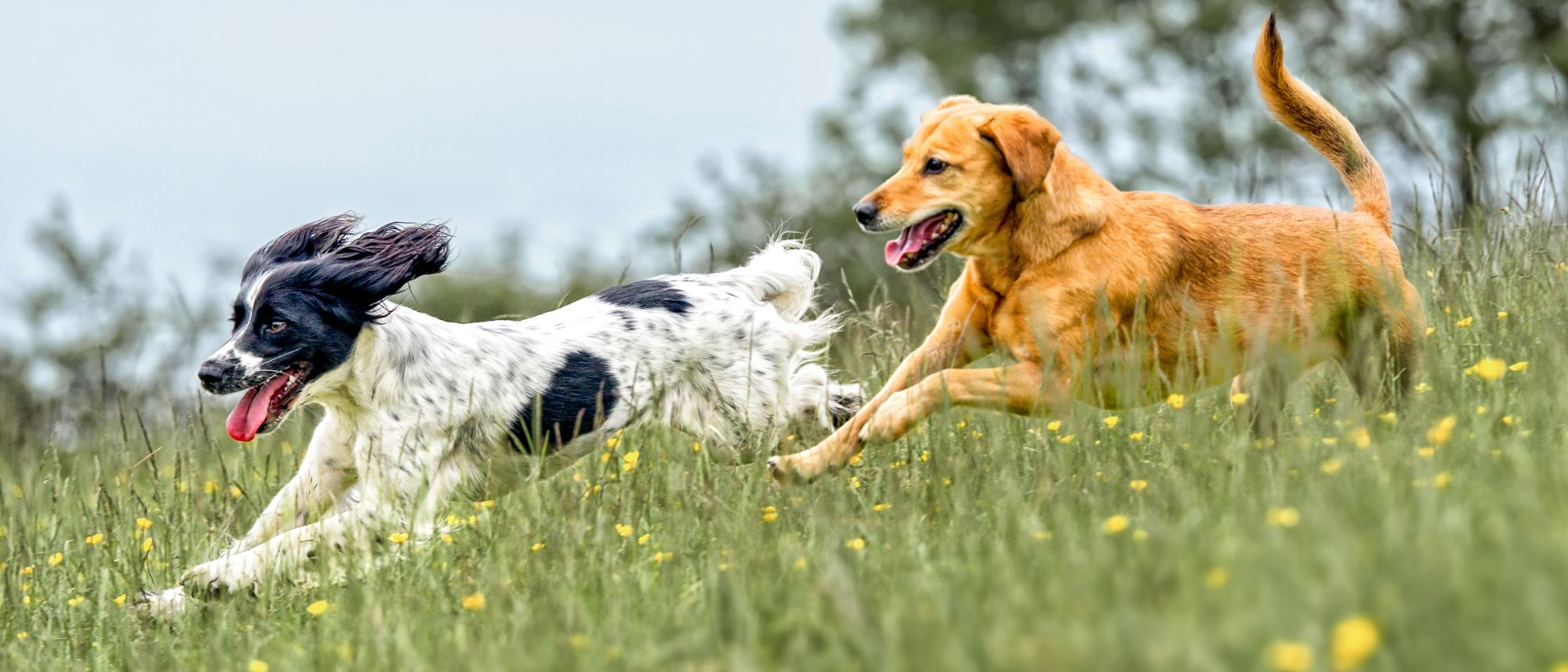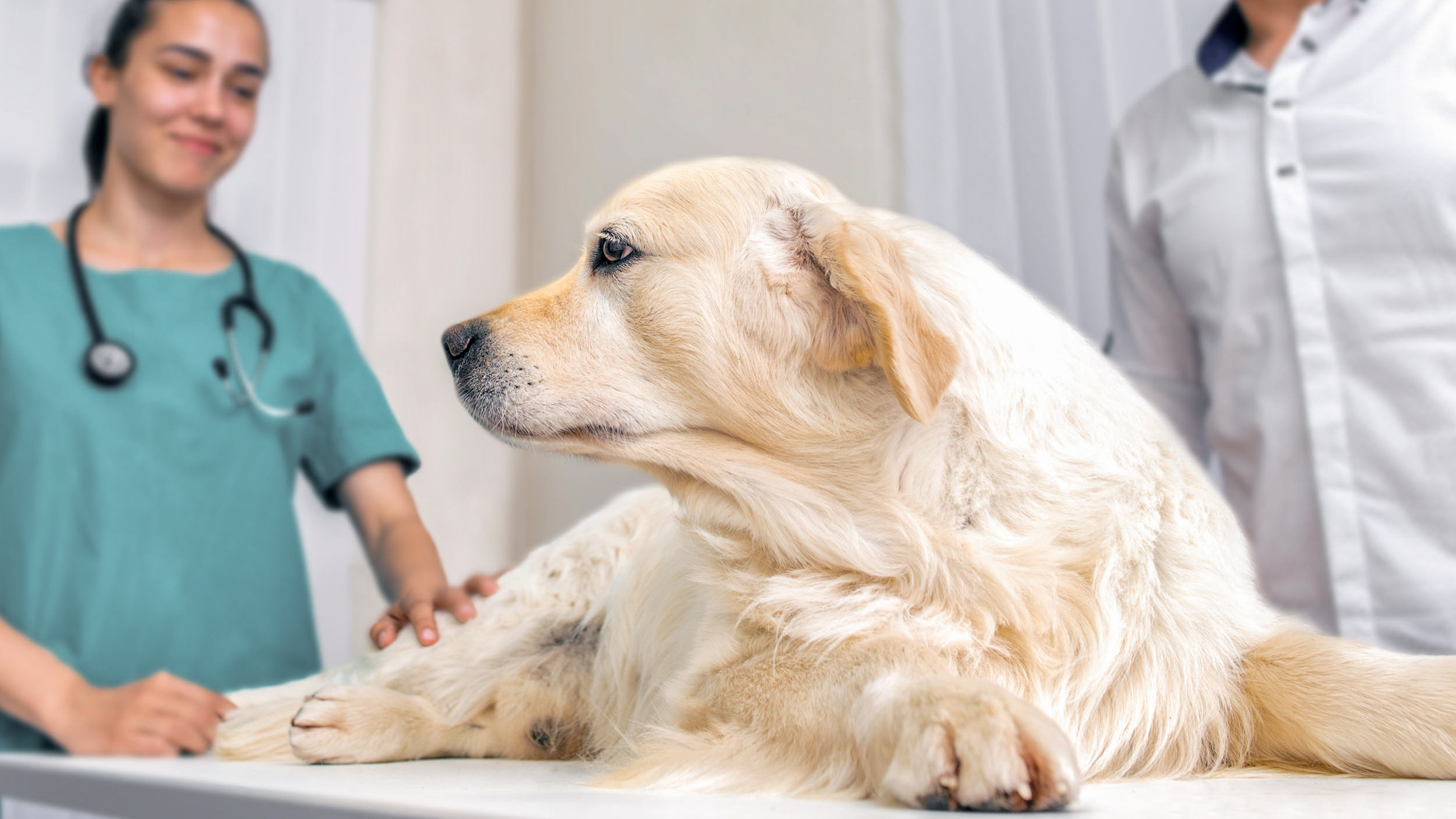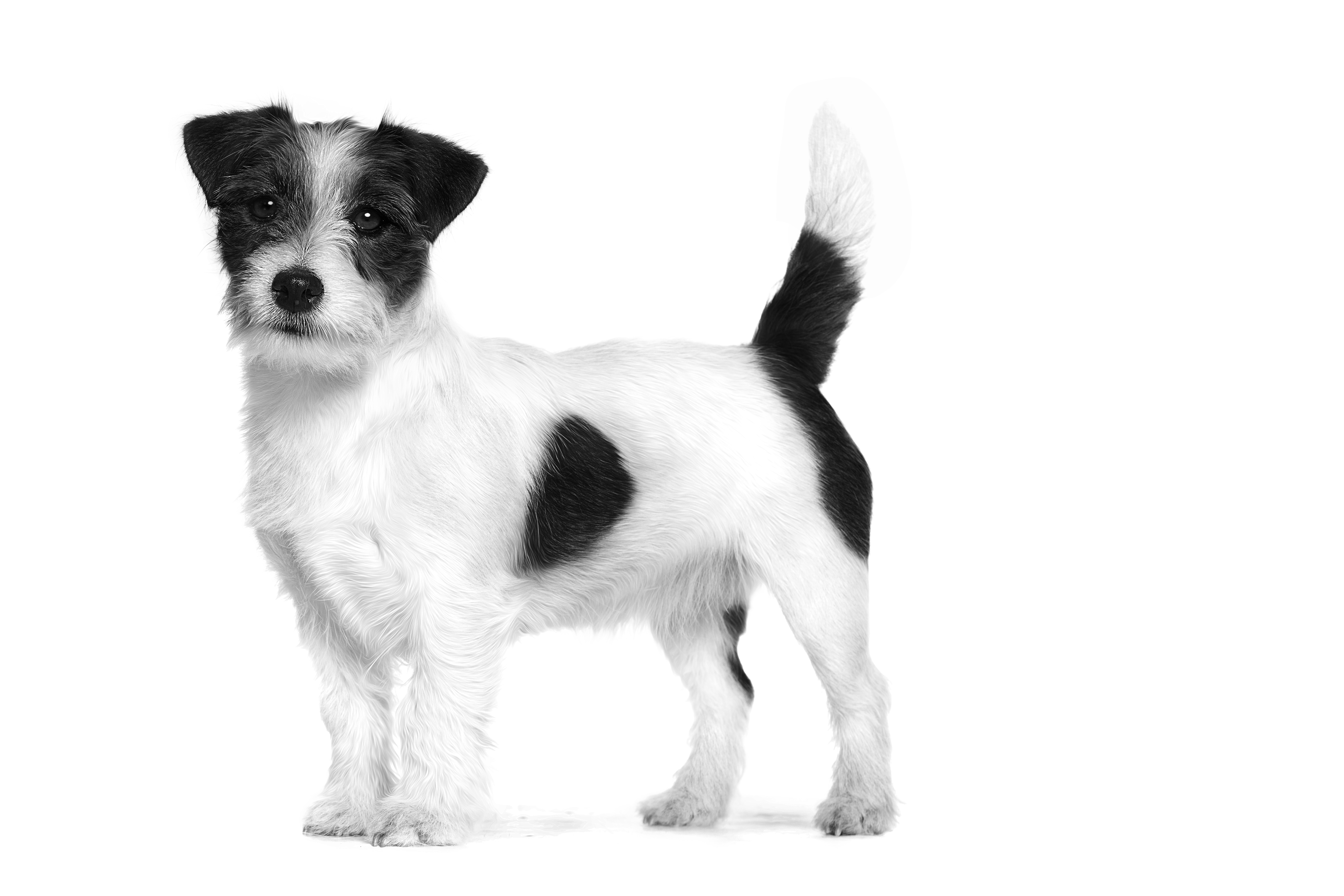The risks to your dog if they are obese

Your dog's likelihood of obesity
For example, female dogs are more predisposed to weight gain, while obesity is twice as likely in neutered rather than unneutered dogs. Behavioural problems around food and your own feeding behaviour also have a significant impact on your dog's weight.
The risks of obesity in dogs

Why does obesity in dogs cause these problems?
When a dog becomes obese, its body begins to store food and nutrients as fat because it's using less energy playing or moving than it's taking in through its diet. This fat begins to infiltrate organs (such as the liver) meaning they function less effectively. Fat also begins to 'coat' the organs, placing greater pressure on them and reducing their ability to work well – for example, there's greater pressure on the arteries in an obese dog than a healthy dog, which means they're more likely to suffer with cardiovascular disease.
As your dog is carrying around more weight, it becomes increasingly difficult for them to move; their joints begin to suffer because they're not built to carry excess weight. Eventually, this can result in a vicious cycle where a dog doesn't want to exercise because it's uncomfortable but continues to eat the same diet and therefore gains weight, decreasing their desire to move.
How to help your overweight dog
The first step to helping your dog is visiting your vet, who'll be able to identify how overweight the dog is and what actions you should take to support its weight loss. It's important you, as the owner, commit to helping your dog lose weight – that means sticking to a rigorous feeding schedule, avoiding giving your dog treats and table scraps, and keeping a close eye on their weight. Your veterinarian will be able to recommend a feeding schedule based on any weight-loss diets they may prescribe.
By helping them begin to lose weight, you'll start to see your dog return to a healthier and more active lifestyle – as well as give them the chance of a longer life. Start by asking your vet for a consultation, as they'll be more than happy to help.

Find a vet
If you have any concerns about your dog’s health, consult a vet for professional advice.
Like & share this page